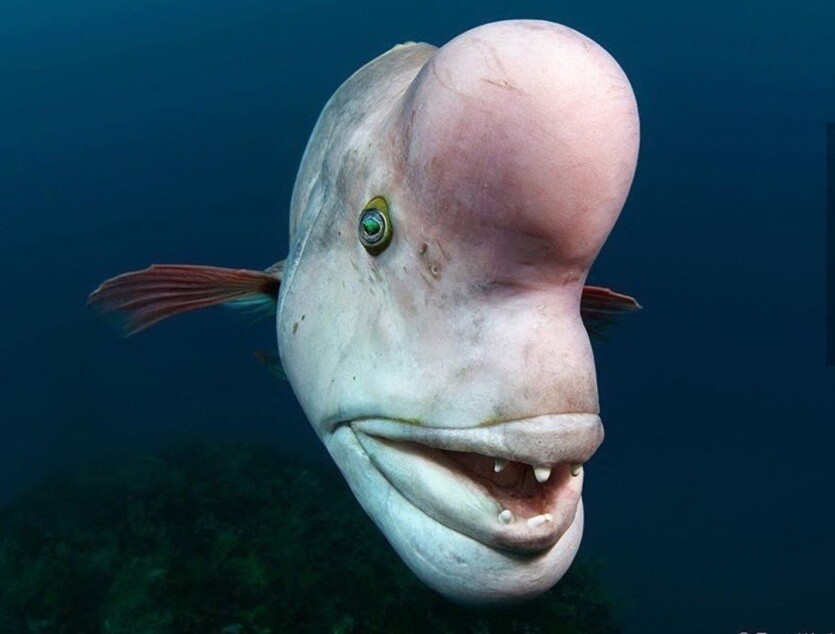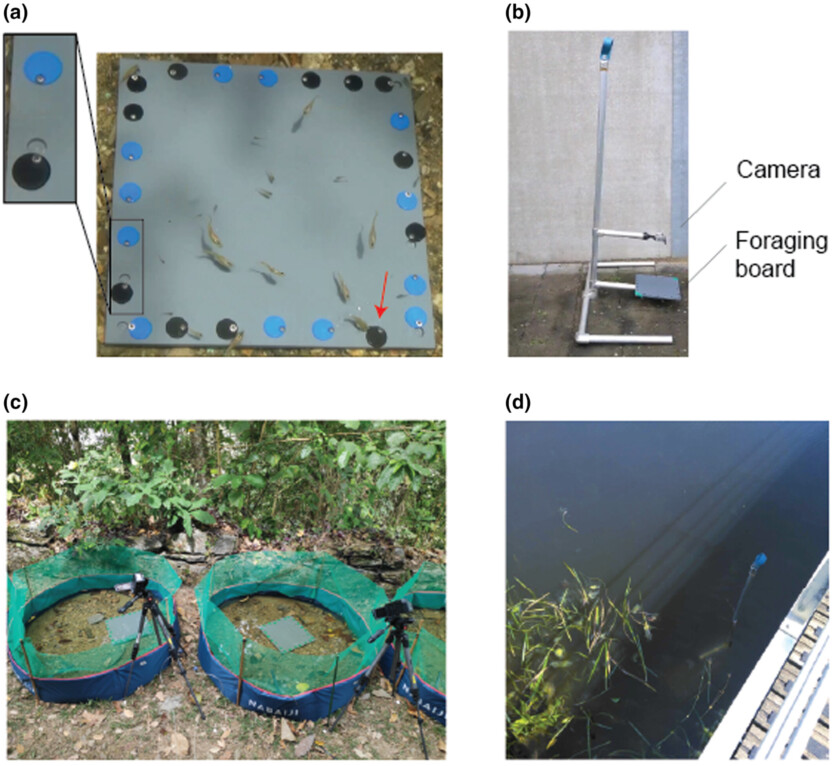
Scientists from the University and the research center in Wageningen in the Netherlands found out that fish are, in fact, much smarter than they were thought to be.
Researchers Katharina Vila-Pouka and Alexander Kotrshal argue that the scientific community has underestimated the intelligence of fish for years, relying solely on the results of laboratory studies. Meanwhile, these results do not reflect the behavior of fish in the natural environment.
In this regard, scientists have developed a simple and inexpensive tool for studying fish behavior directly in rivers, lakes, and ponds. The researchers note that the presence of fish in an artificial environment changes their behavior and adaptation mechanisms, which distorts the results observations of their behavior. Instead Katharina Vila-Pouka and Alexander Kotrshal have developed a simple feeder with special disks that fish need to move to get to the food.

«We were looking for a solution that could be implemented anywhere, from small ponds to fast rivers. By allowing fish to make independent choices, we gain a much more accurate understanding of their learning processes», — explains Katarina Vila-Pouca.
The researchers tested their feeder on guppy fish (Poecilia reticulata) and ninespine sticklebacks (Pungitius pungitius). It is noted, that the fish showed progress in selecting the necessary disks to move to get to the food. This is also consistent with the results obtained in the laboratory. The researchers also found that while some of the fish were actively searching for food, others sought to take advantage of the results instead of searching for food on their own.
«By studying animals in their natural environment, we can better observe their authentic behavior. This not only expands our understanding of cognitive evolution, but also has implications for animal conservation and welfare», — Alexander Kotrshal says.
The device is inexpensive, easy to modify for different fish species, and suitable for studying social adaptation and memory. The researchers hope that this simple innovation will significantly advance the field of research cognitive abilities of fish.
60% of the world’s oceans turned out to be a farm of huge shrimps — but they are hard to reach
The results are published in the journal Methods in Ecology and Evolution
Source: SciTechDaily

Spelling error report
The following text will be sent to our editors: